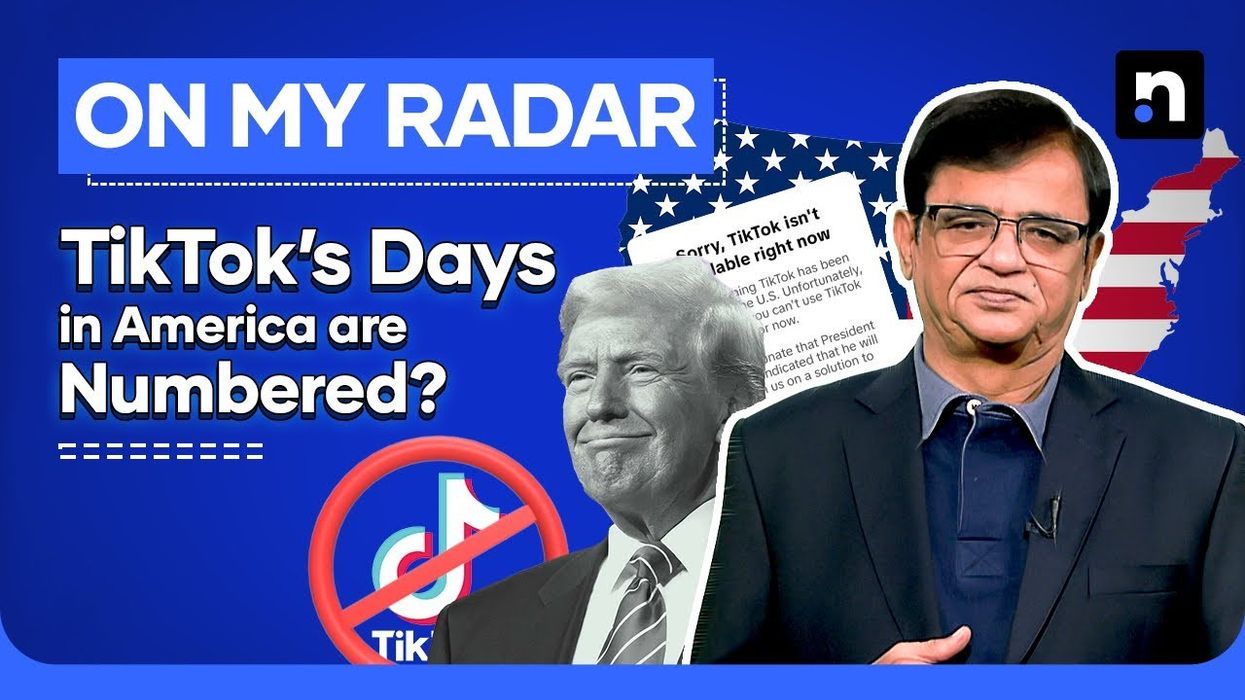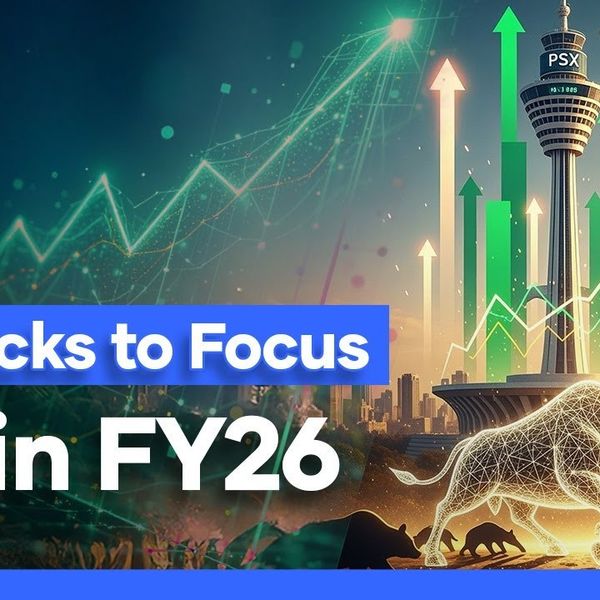Trump, once a TikTok critic, now a savior for 170 million US users
Kamran Khan reflects on Trump’s TikTok stance, noting his shift from a critic to a potential savior for the platform
News Desk
The News Desk provides timely and factual coverage of national and international events, with an emphasis on accuracy and clarity.
U.S. President Donald Trump signed an executive order delaying the TikTok ban for 75 days, giving his administration time to decide the app’s fate. The move came just hours after TikTok briefly went offline in the United States due to a court ruling upholding the ban.
The ban was originally set to take effect on Jan. 19, following a Supreme Court decision that upheld the law requiring TikTok’s Chinese parent company, ByteDance, to either sell the app or face removal from U.S. markets. However, Trump’s executive order instructs the attorney general not to enforce the ban immediately, allowing for further negotiations.
Trump, who previously sought to ban TikTok during his first term, now says he wants the U.S. to have a 50% stake in the company. Writing on his Truth Social platform, he stated, “This gives me the right to sell or shut down TikTok.”
The administration has reached out to tech giants Apple, Google and Oracle, reassuring them they are not liable for any legal issues related to the app’s continued operation.
Trump has also encouraged Tesla CEO Elon Musk to consider purchasing TikTok. Meanwhile, American billionaire Frank McCourt’s Project Liberty consortium has offered $20 billion to acquire the app, though experts estimate a full sale could cost between $40 billion and $50 billion, according to a report by the Center for Financial Research and Analysis.
On Jan. 18, just before 11 p.m. eastern time, TikTok users across the U.S. saw a message stating the app was unavailable due to a ban taking effect. However, within hours, TikTok resumed service, crediting Trump’s intervention.
TikTok CEO Shou Zi Chew attended Trump’s inauguration and publicly thanked him for temporarily saving the app.
Beyond the sale negotiations, TikTok remains under scrutiny over national security concerns. U.S. officials have long accused the app of collecting vast amounts of user data, including browsing habits and location information, which they fear could be accessed by the Chinese government. Authorities have also raised concerns over TikTok’s algorithm, warning that it could be used to manipulate American public opinion and pose cybersecurity risks.
The U.S. government has been pressuring ByteDance to divest TikTok since April, when Congress passed a law mandating the sale. The law, signed by former President Joe Biden, set a Jan. 19 deadline for a sale, which ByteDance challenged in court. However, the Supreme Court ultimately upheld the law, rejecting ByteDance’s argument that it violated First Amendment protections.
Chief Justice John Roberts clarified the court’s position during a Jan. 10 hearing, stating, “We’re not saying TikTok should be banned. We’re saying China’s control should end.”
Trump also filed a petition asking the court to delay enforcement of the ban until after his inauguration, arguing he needed time to explore a political solution.
TikTok’s potential ban has significant economic implications. The app is a key platform for small businesses and content creators, with over 7 million U.S. businesses using it for marketing. According to a BBC report, these businesses could face losses of up to $1.3 billion per month if TikTok shuts down.
Major social media competitors such as Instagram and YouTube could benefit from TikTok’s exit, but experts say neither platform matches TikTok’s level of user engagement. This uncertainty has sparked concern among content creators and businesses that rely on the platform.
While TikTok’s immediate future remains uncertain, Trump’s intervention has given the company a temporary reprieve as negotiations over its fate continue.








Comments
See what people are discussing